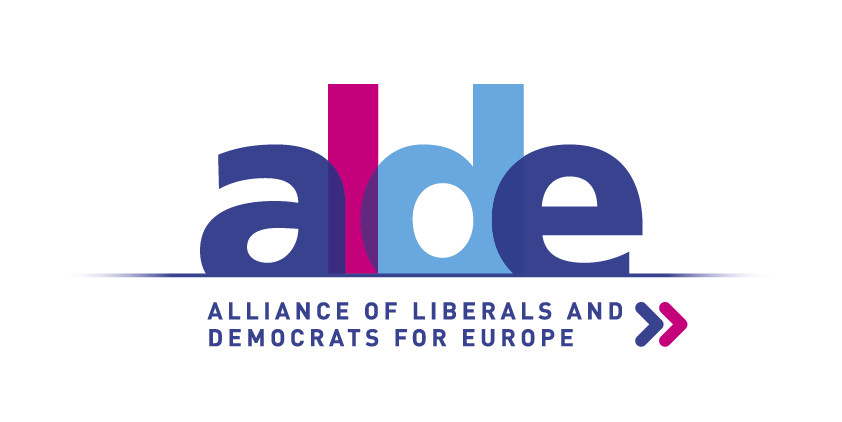03 Nov Garantía juvenil: ¿la última esperanza de la generación perdida de Europa?
Just under five million young Europeans are unemployed. However, with its new Youth Guarantee scheme, the EU hopes young people will almost disappear from unemployment statistics.
The Youth Guarantee is an innovative and ambitious initiative, new Spanish MEP Beatriz Becerra told InEurope. Coming from a country that has been hit hard with record levels of youth unemployment, Becerra looks with admiration at the way in which Austria and Finland tackle their youth unemployment. Both countries are seen as the founding fathers of the Youth Guarantee. “Of the unemployed young people in Finland 83,5 % found a job thanks to the Youth Guarantee,” Becerra says.
The EU hopes that the implementation of the Youth Guarantee in whole Europe will ensure that young people under the age of 25 can find a suitable job within four months of leaving school or losing a job.
Jobs for the young
James F. Downes is Ph.D. researcher in comparative politics at the University of Kent. He told InEurope that he also believes in the success of the new scheme. “From a neo-liberal or right-wing economic standpoint, the scheme may be criticized in terms of the amount of money that will be involved in setting up the Youth Guarantee. However, these viewpoints are short sighted and do not look at the long term picture.” he says. Downes is backed up by José Manuel Barroso, president of the EU commission.
At the Milan employment summit on October 8th Barroso said that Youth Guarantee is a priority for all. The new commission will spend more than 46 billion Euros on measures related to the Youth Guarantee. Downes warns that “the EC should seek to outline the consequences that inaction and inertia could bring if EU member states, which are worst hit by youth unemployment, do not implement the scheme sufficiently.”
Just a measure?
Although Becerra is wildly enthusiastic about the Youth Guarantee, she has little enthusiasm for the fraudulent treatment of financed Youth Guarantee actions as was the case in Madrid and Andalucia. Also in Italy, the country with the highest youth unemployment rate after Spain and Greece, the Youth Guarantee does not seem to work.Michele Tiraboschi, professor of labour law at the University of Modena and Reggio Emilia, told InEurope that six months since the formal implementation of the scheme in Italy, there is no real commitment to the youth unemployment problem. “The only thing that has been created in relation to Youth Guarantee is a badly structured website, where employment and training opportunities are listed in 500 pages without any logic. This tool is useless and does not promote the matching of labour supply and demand.” he says. Italian Prime Minister Matteo Renzi acknowledged the problem. “Never blame Europe for our problems. We have to change ourselves. Without jobs, no dignity and no hope,” he said at the Milan employment summit.
Monika Martišková, research fellow at the Central European Labour Studies Institut, summaries the strengths and weaknesses of the youth guarantee for InEurope. “The main strength is the idea behind it that forces national governments to deal with youth unemployment. The main weakness is the implementation, which strongly depends on the national conditions and therefore can be either helpful or have no impact.”
Political researcher Downes stresses that policies to counteract youth unemployment take time to implement and to see positive returns. He states: “governments must be patient and not abandon course half-heartedly. This is part of a long-term process.”
László Andor, the EU commissioner who is responsible for the Youth Guarantee, said that the youth guarantee will generate a positive return by improving the economic situation, the employment rate and the competitiveness of our economy in the long run. “We need the talents, skills, experience and capacity of young people to invent, innovate and create. These are all driving forces for our collective prosperity.” he said in a speech in 2013.


